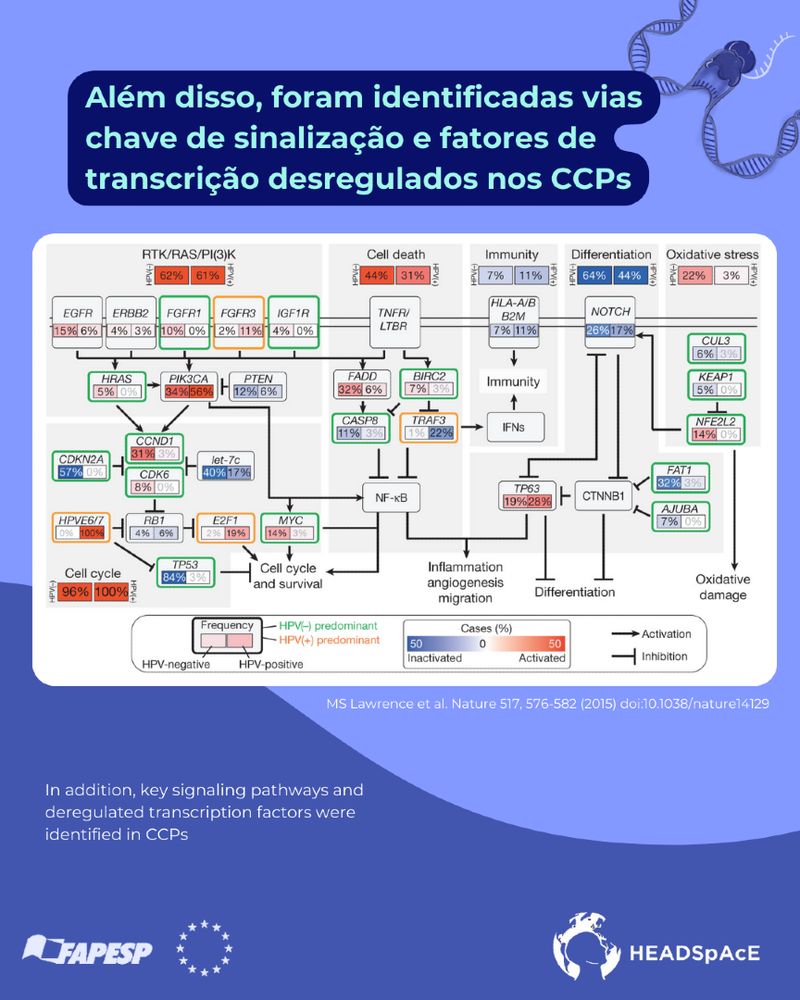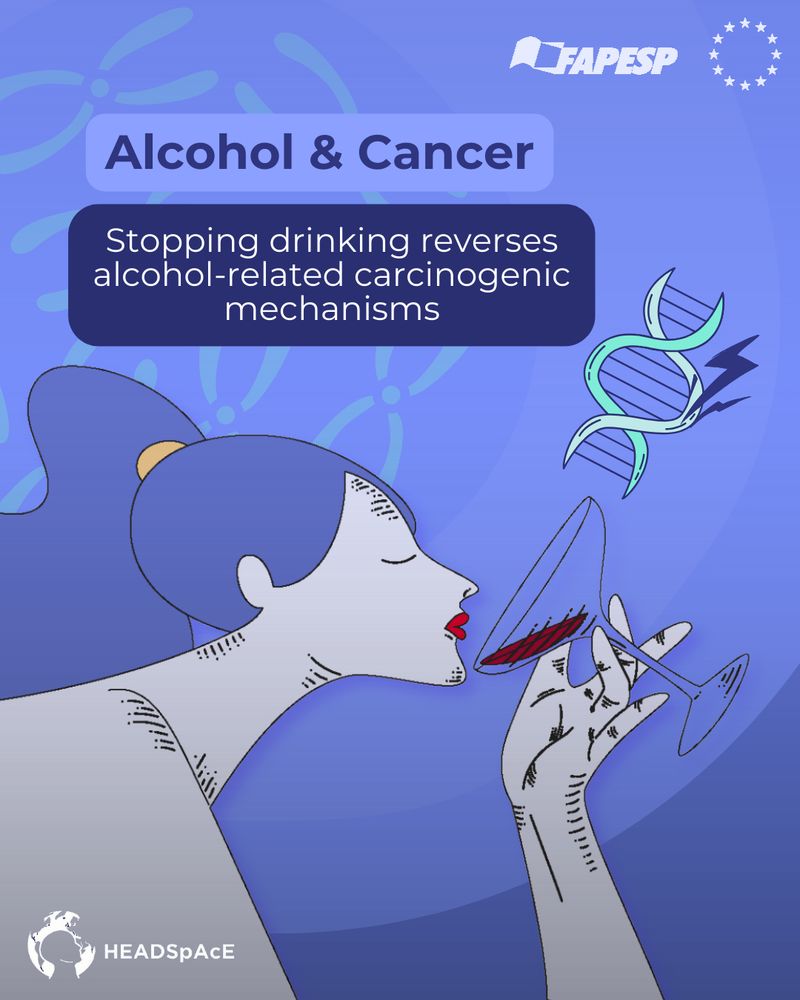
With more than 25,000 patients a year, the Centrum für Integrierte Onkologie (CIO) Köln - or Cologne Center for Integrated Oncology - is one of the largest cancer treatment centers in Germany.
20.02.2025 08:01 — 👍 0 🔁 0 💬 0 📌 0@headspacestudy.bsky.social
Head and Neck Cancer Epidemiology and Genomic Studies on Prognosis and Survival - Large repository containing well-annotated clinical and exposure data from thousands of patients with HNC and controls from collaborative studies led by IARC/WHO.

With more than 25,000 patients a year, the Centrum für Integrierte Onkologie (CIO) Köln - or Cologne Center for Integrated Oncology - is one of the largest cancer treatment centers in Germany.
20.02.2025 08:01 — 👍 0 🔁 0 💬 0 📌 0


TCGA revolutionized the understanding of the biological and molecular bases of 33 cancer types. HEADSpAcE is proud to have Dr. Neil Hayes, lead researcher of the TCGA and Director of the Health Science Center at @uthsc, on its scientific team!
18.02.2025 19:30 — 👍 0 🔁 0 💬 0 📌 0



also, why is it revolutionizing clinical practice?
14.02.2025 08:02 — 👍 0 🔁 0 💬 0 📌 0



Tumor regulation occurs in multiple layers. How does it impact the progression of head and neck cancer?
14.02.2025 08:02 — 👍 0 🔁 0 💬 1 📌 0
The Instituto de Investigaciones en Ciencias de la Salud (IICS) is part of the Universidad Nacional de Asunción (UNA), a Paraguayan public institution. Its history has been marked by international cooperation.
13.02.2025 16:58 — 👍 0 🔁 0 💬 0 📌 0📚 Access the full study and FAQ:
IARC Handbooks of Cancer Prevention - Volume 20A
publications.iarc.who.int/638

It's important to know that there are three well-established processes of carcinogenesis initiated by alcohol consumption*: Genotoxicity Acetaldehyde can accumulate in the upper air-digestive tract (head, neck and esophagus) and colon, increasing the risk of cell damage and carcinogenic mutations.

Permeability and intestinal biota Acetaldehyde accumulation alters the enteral microbiome, which increases intestinal permeability and microbial translocation (which is when bacteria from the gut move to other parts of the body), potentially leading to inflammation and carcinogenic risks.

DNA Damage Alcohol consumption is associated with direct damage to cell DNA, causing chromosomal aberrations, the appearance of micronuclei and DNA adducts, which can initiate the process of tumor formation.

The good news is that there is evidence that these processes can be reversed by stopping or reducing alcohol consumption! By stopping drinking, the body has a chance to repair this damage. Compared to continued consumption, reducing or stopping alcohol consumption reduces the incidence of some cancers: oral cavity and esophagus: strong evidence* larynx, breast and colorectal: limited evidence*
In 2024, a Working Group of IARC reviewed scientific evidence on the effects of reducing or stopping alcohol consumption versus continuous consumption in relation to the risk of cancers of the oral cavity, pharynx, larynx, esophagus, colorectal, liver and breast:
07.02.2025 16:34 — 👍 1 🔁 0 💬 1 📌 0
Alcohol & Cancer Stopping drinking reverses alcohol-related carcinogenic mechanisms

Alcohol absorption: After drinking, alcohol (ethanol) is absorbed by the small intestine and enters the bloodstream.

Liver metabolism: When it reaches the liver, alcohol begins to be metabolized by the enzyme ADH, which converts ethanol into acetaldehyde. Subsequently, the ALDH enzyme transforms acetaldehyde into acetate, which is then broken down into water and CO2 for elimination.
How does alcohol beverage consumption impact cancer risk?
07.02.2025 16:34 — 👍 0 🔁 0 💬 1 📌 0Learn more on our website: headspace.iarc.who.int
29.11.2024 16:57 — 👍 0 🔁 0 💬 0 📌 0📌 investigate tobacco exposure and tobacco-related health outcomes
[4/4]
📌 to research the disproportionate burden of head and neck cancers in low- and middle-income countries, conducting research and building partnerships in these regions;
[3/4]
📌 to inform strategies and interventions for cancer prevention and early detection and to improve cancer outcomes;
[2/4]
The HEADSpAcE mandate:
📌 to facilitate collaborative research on the various causes of head and neck cancers;
[1/4]